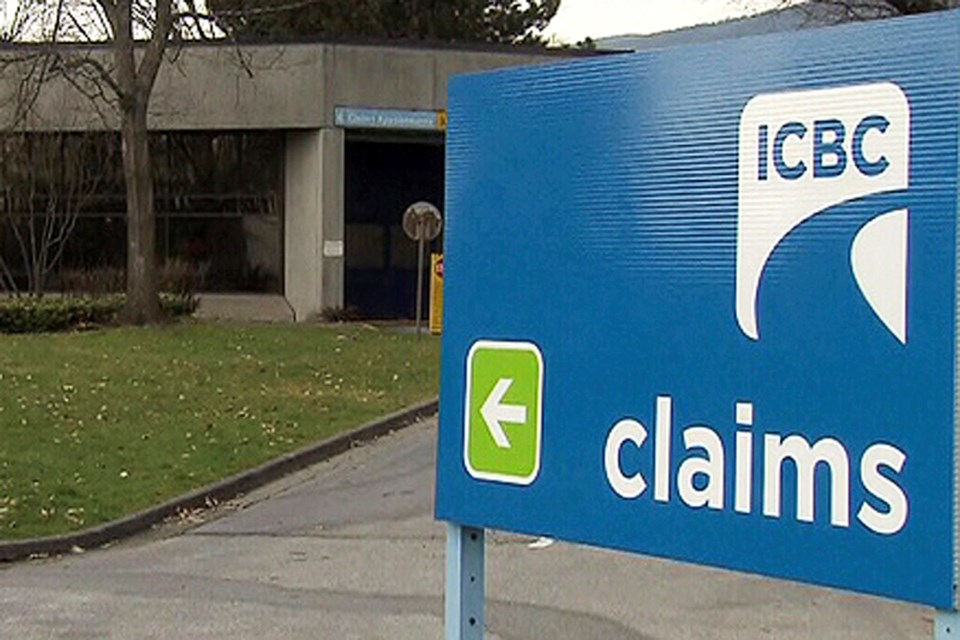A van passenger seriously injured in a single-vehicle crash almost four years ago is not entitled to further compensation from ICBC for permanent impairment, according to the decision of a Civil Resolution Tribunal (CRT) member.
Jeffrey Drozdiak did order ICBC to recalculate and increase the existing permanent impairment compensation within 14 days of the July 29 ruling.
A driver lost control on gravel and the van rolled on Aug. 26, 2021 near Tomslake. The passenger was airlifted to Edmonton for emergency treatment, underwent surgery at the University of Alberta and was flown back to Quesnel for several months of recovery in hospital.
The injured passenger, who is identified by CRT only by the initials C.R.S., suffered fractures to: left arm, collarbone, pelvis, sacroiliac joint (between the spine and pelvis), lumbar vertebrae, right rib and eight left ribs.
ICBC paid $83,732.50 in permanent impairment compensation, but C.R.S. applied to CRT and argued the injuries were catastrophic and worthy of a higher amount. ICBC denied the injuries were catastrophic and maintained that the applicant sought damages that are no longer available under the no-fault system.
The crash happened after the Insurance (Vehicle) Act banned civil lawsuits for bodily injuries suffered in B.C. after May 1, 2021. The NDP government prefers to use the euphemism “enhanced care” to describe the no-fault system.
Drozdiak said the evidence before him showed C.R.S. is not entitled to further permanent impairment compensation, but nothing in the decision prevents C.R.S. from reapplying for permanent impairment compensation if post-traumatic stress disorder becomes permanent or another issue arises.
“I find the applicant is entitled to an increase from 3 per cent to 5 per cent for their permanently impaired external-internal hip rotation, and a 5 per cent permanent impairment for their gait instability,” Drozdiak concluded. “ICBC also found that the applicant is entitled to 5% for loss of sexual function.”



